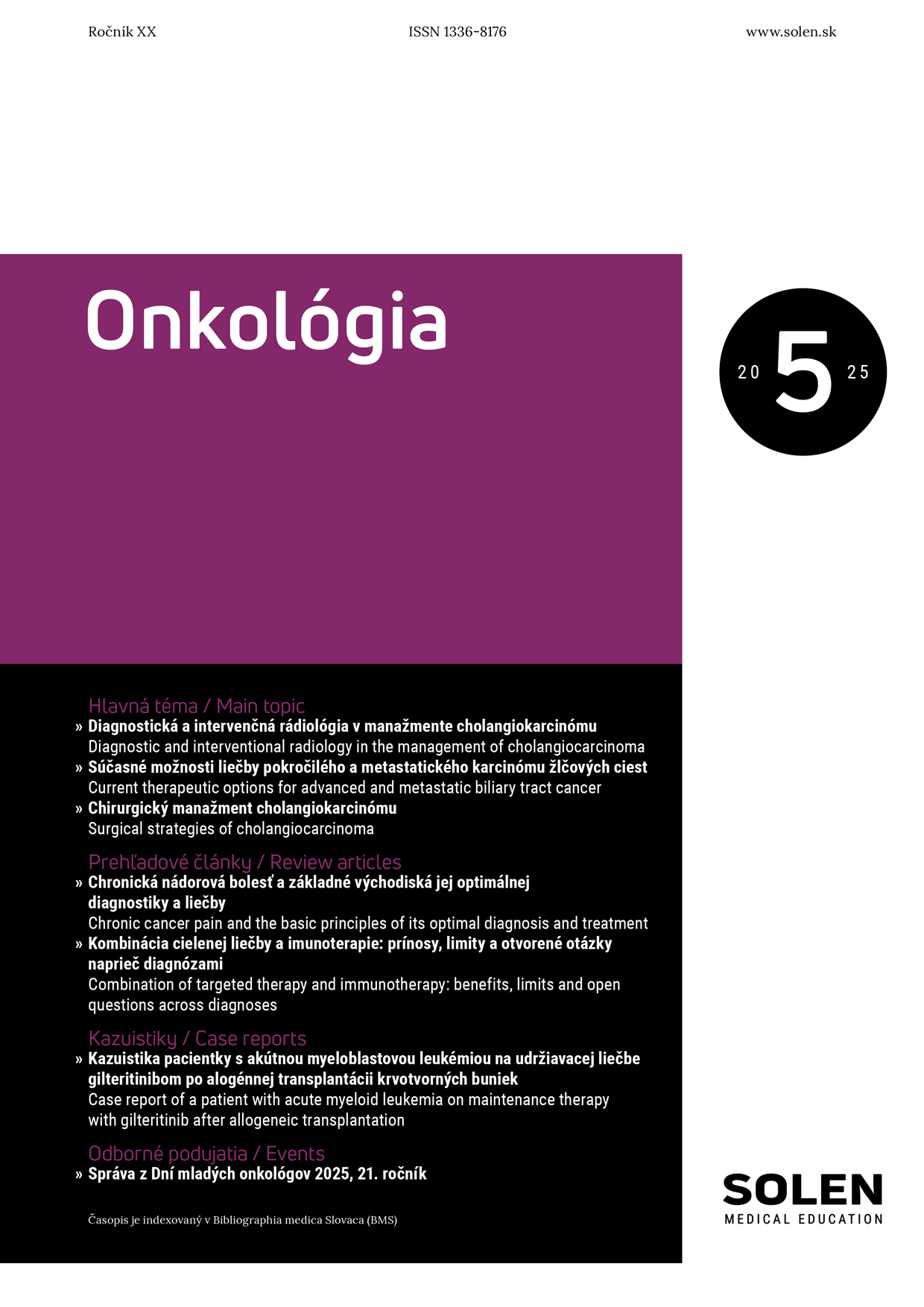Psychiatria pre prax 3/2021
Možnosti léčby farmakorezistentní deprese v běžné klinické praxi
prof. MUDr. Eva Češková, CSc. , MUDr. Petr Šilhán, Ph.D.
Většina psychiatrů považuje za farmakorezistentní depresi při nedostatečné odpovědi na dvě adekvátní antidepresivní kúry. Pro účely výzkumné a testování různých farmakoterapeutických postupů bylo navrženo několik modelů zahrnujících více stupňů farmakorezistence. Tento článek se zabývá možnostmi léčby farmakorezistentní deprese v běžné klinické praxi. Patří k nim změna antidepresiva, augmentace a kombinace antidepresiv. U nemocných se závažnou depresí a suicidalitou přichází v úvahu rychle účinkující antidepresiva. Z augmentačních metod je nejvíce rozšířená augmentace antipsychotiky druhé generace. U části nemocných se zánětlivými markery se jeví vhodné protizánětlivé látky. Opomíjenou a dostupnou augmentací i u farmakorezistentní deprese je zdravý život styl, hlavně tělesná aktivita a zdravá výživa. Běžná je také kombinace antidepresiv cílená nejčastěji na přetrvávající a převažující příznaky.
Kľúčové slová: farmakorezistentní deprese, změna antidepresiva, multimodální antidepresiva, rychle účinkující antidepresiva, augmentace, protizánětlivé látky, zdravý životní styl, kombinace antidepresiv
Treatment options for pharmacoresistant depression in routine clinical practice
Most psychiatrists consider depression to be pharmacoresistant in the setting of an inadequate response to two adequate antidepressant courses. For research purposes and for the testing of various pharmacotherapeutic strategies, several models involving more degrees of pharmacoresistance have been proposed. The present article deals with the treatment options for pharmacoresistant depression in routine clinical practice. They include antidepressant switching, augmentation, and combinations. In patients with severe depression and suicidality, fast-acting antidepressants are an option. The most widespread method of augmentation is that with second-generation antipsychotics. In a proportion of patients with inflammatory markers, anti-inflammatory agents appear to be suitable. Even in pharmacoresistant depression, healthy lifestyle, particularly physical activity and healthy diet, is a neglected and available augmentation option. A combination of antidepressants typically aimed at persisting and predominant symptoms is also common.
Keywords: pharmacoresistant depression, antidepressant switch, multimodal antidepressant, fast-acting antidepressant, augmentation, anti-inflammatory agents, healthy lifestyle, antidepressant combination

















